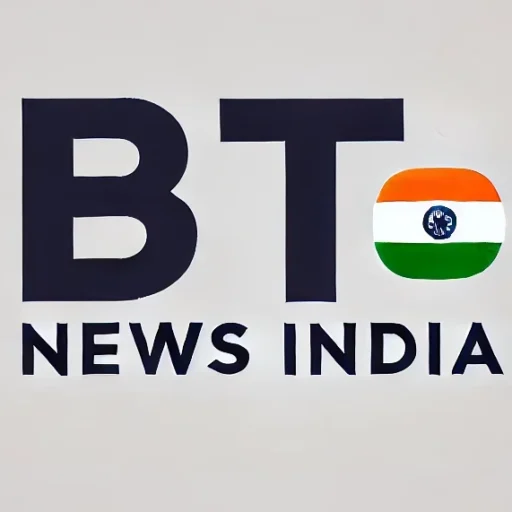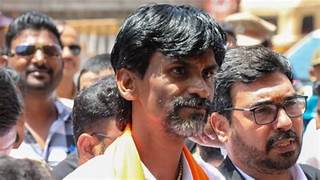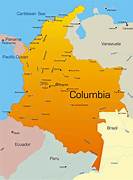A Swift Victory for the Maratha Community: From Warrior Status to Reservation Rights in Just Five Days
Published on: September 03, 2025
By: BTNI
Location: Mumbai, India
In a significant development, Maratha quota activist Manoj Jarange-Patil has concluded his five-day hunger strike following the Maharashtra government’s acceptance of key demands for reservation benefits for the Maratha community. The activist’s relentless campaign, which saw thousands of supporters gather at Azad Maidan, has culminated in a swift resolution, marking a historic moment for the community.
Jarange-Patil announced the end of his hunger strike after a government delegation, led by Water Resources Minister Radhakrishna Vikhe Patil, presented a draft of the Government Resolution (GR) that addressed most of the demands. The resolution includes the implementation of the Hyderabad and Satara gazettes, which recognize Marathas and Kunbis as one and the same, and the “Sage Soyare” (blood and marital relatives) notification issued last year. Additionally, the government has agreed to facilitate the issuance of Kunbi certificates at the taluka level and provide immediate clearance for certificates issued by caste validation committees.
The activist’s demands also encompassed compensation and job opportunities for families of Maratha youth who ended their lives due to reservation-related distress. The government’s acceptance of these demands has been hailed as a major victory, with Jarange-Patil declaring, “Jitlo re raje ho apan” (we have won, my friends), as thousands of supporters cheered and shed tears of joy.
Also read- https://www.btnewsindia.com/gayatri-vidyapeeth-student-manav-sharma-selected-for-young-indian-parliament-at-national-level/ https://www.btnewsindia.com/new-prayas-residential-school-to-begin-this-year-at-newly-built-education-hub-in-rajnandgaon/
This rapid resolution contrasts sharply with historical precedents, where communities often waited centuries to achieve similar status changes. For instance, the Marathas, predominantly of the Sudra (peasant) class, claimed Kshatriya (warrior) status only after gaining political prominence in the Deccan. The transition from warrior status to reservation rights, however, has now been expedited to just five days, signaling a new era of swift policy responses.
Political analysts suggest that the government’s quick action may be influenced by the upcoming assembly elections and the need to consolidate support among the Maratha community, which constitutes a significant voter base in Maharashtra. However, the move has also sparked debates about the sustainability and legal viability of such reservations, given past judicial challenges.
Despite the controversies, the immediate impact on the ground is undeniable. Maratha families across the state are celebrating the end of the hunger strike, viewing it as a testament to the power of collective action. “This is a new beginning for us,” said a local leader from Beed district. “Our children will now have better opportunities in education and employment.”
As the government prepares to issue the necessary orders, the focus shifts to the implementation of these promises. Experts caution that the real test lies in ensuring that the reservation benefits reach the intended beneficiaries without legal hurdles. Nevertheless, for now, the Maratha community is reveling in what they perceive as a hard-fought victory, achieved in record time.
This development not only highlights the changing dynamics of social justice movements in India but also underscores the evolving role of activism in shaping policy. Whether this marks the beginning of “truly great times ahead” for the Maratha community remains to be seen, but the speed of this resolution has certainly set a precedent.




